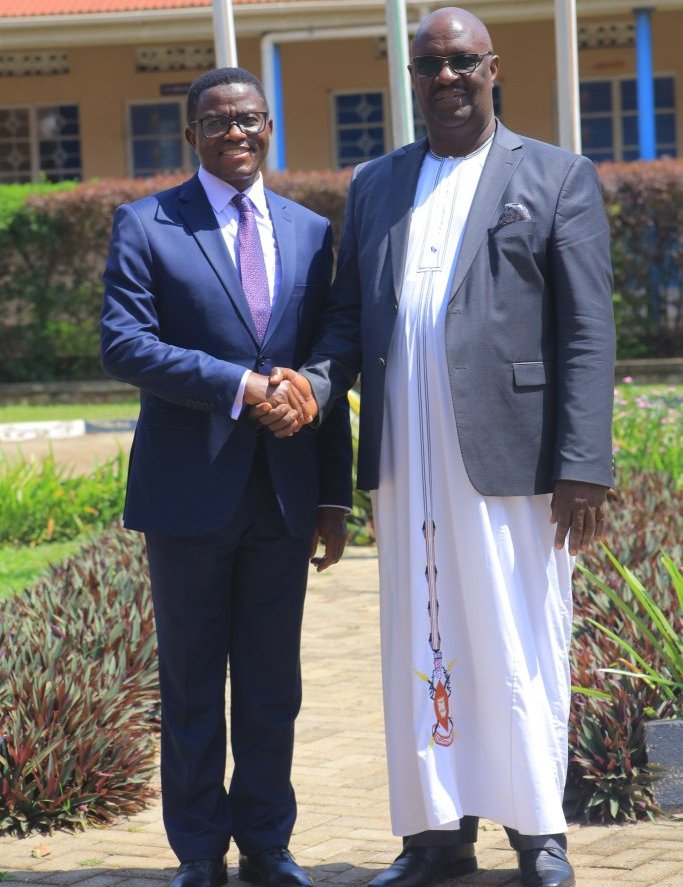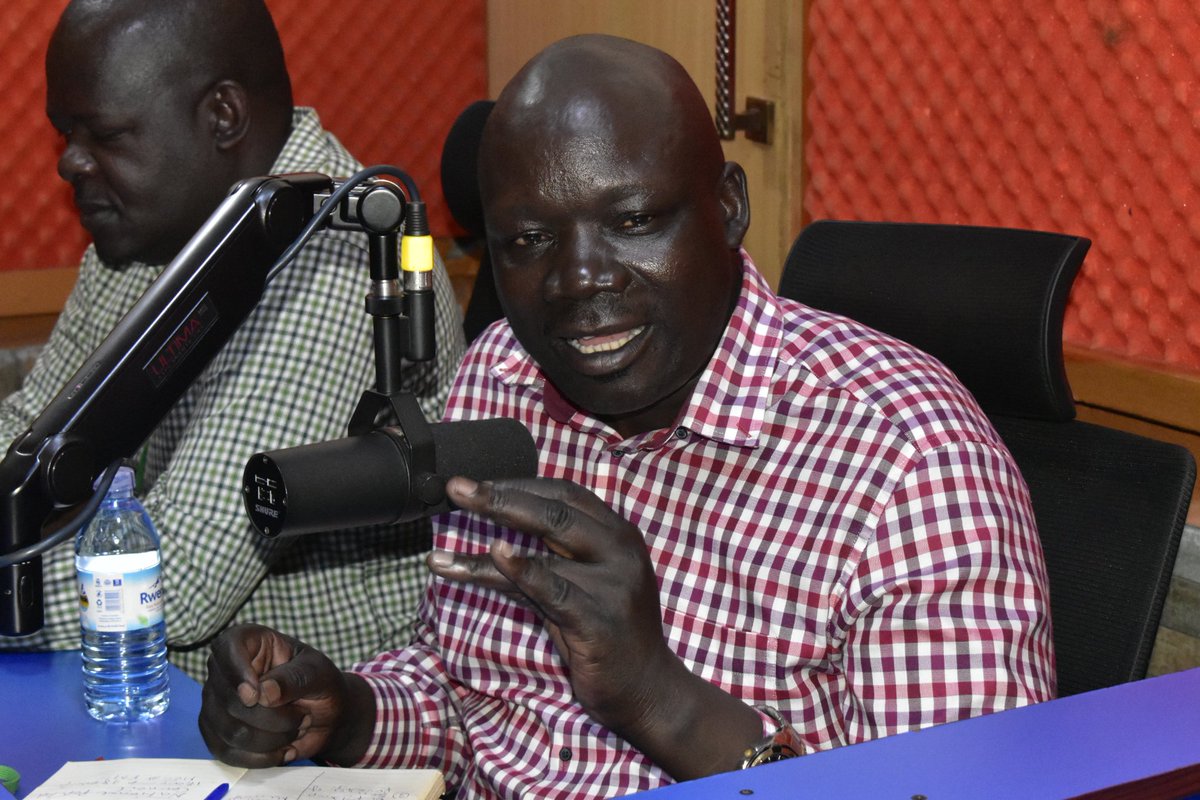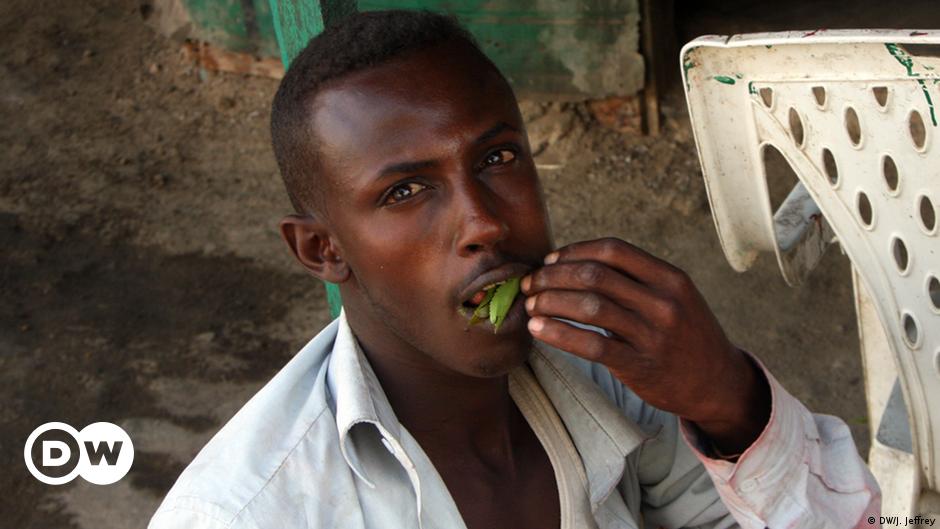(Kampala) – The Bunyoro Kingdom has urged the Ugandan Government to reconsider its proposed merger between the Uganda Coffee Development Authority (UCDA) and the Ministry of Agriculture, Animal Industry, and Fisheries (MAAIF). The UCDA, founded in 1990, was tasked with promoting quality and research within Uganda’s coffee industry—a sector that has seen significant growth over the years. The merger plan is part of a broader government strategy to streamline agencies and cut public expenditure, but it has raised concerns among local leaders who fear it could compromise Uganda’s coffee sector.
Parliament recently held the first reading of the Rationalisation of Government Agencies and Public Expenditure (RAPEX) Bill, which includes provisions for merging UCDA with MAAIF. In this session, Lira District Woman MP Linda Auma, who also chairs the Committee on Agriculture, presented the majority report favoring the merger. However, this recommendation was contested by Hoima City Woman MP Asinansi Nyakato, who filed a minority report opposing the merger. Following an intense debate, MPs voted 159 in favor of advancing the Bill and 77 against it. The proposed Bill is now set for a second reading.
The Bunyoro Kitara Kingdom, represented by its Prime Minister Andrew Byakutaga, is one of the latest voices calling for the government to maintain the UCDA as a standalone agency. Byakutaga argues that MAAIF is already burdened with extensive responsibilities and would struggle to handle the needs of the coffee sector effectively. According to him, coffee farming is a crucial economic pillar for many in Bunyoro, who rely on it as a pathway out of poverty.
Byakutaga pointed to the achievements of the kingdom’s partnership with UCDA, noting that through UCDA’s support, Bunyoro has successfully mobilized communities to embrace coffee farming. The Kingdom has also set up several coffee demonstration farms. This collaboration has contributed to a 40% increase in coffee production in the region over the past five years.
UCDA’s role extends beyond promoting coffee production; it provides crucial support in capacity building and quality control. Byakutaga highlighted UCDA’s efforts to provide free seedlings, fertilizers, and technical training on farming practices that enhance both yield and quality. UCDA also enforces quality standards for coffee from the farm through to post-harvest handling, making it an integral player in the coffee value chain.
Byakutaga emphasized that coffee’s importance to Uganda’s economy warrants a dedicated authority, comparing it to the establishment of the Petroleum Authority of Uganda and the Uganda National Oil Company to manage the oil sector. He contended that UCDA should remain independent to ensure focused management of coffee, arguing that MAAIF, tasked with managing various crops, livestock, and fisheries, would not be able to give coffee the specialized attention it requires.
Hoima City East Division MP Patrick Isingoma Mwesigwa echoed these sentiments, urging the government to exempt UCDA from rationalization, given its essential role in empowering coffee farmers, particularly in regions like Bunyoro where coffee farming is central to economic progress.
Adding to the local voices, farmer Kiiza Mujuni also expressed concerns, stating that phasing out UCDA would disregard the needs of local communities that rely on the Authority to support their livelihood through coffee farming.
President Museveni, however, has defended the government’s rationalization plans, arguing that the proposed mergers are necessary to curb excess public spending. According to the President, consolidating agencies would reduce overlapping costs, which have reached unsustainable levels. In his recent comments to New Vision, Museveni referenced the substantial financial burden on taxpayers, with ministries and authorities consuming trillions of shillings in government resources. He also criticized certain agencies for consuming funds without substantial returns.
Museveni further highlighted what he called “misleading information” regarding the government’s intentions for UCDA. He emphasized the need to clarify the purpose of rationalization, describing certain agencies as “parasites” draining public funds.
| Key Points | Details |
|---|---|
| Proposed Merger | Merge UCDA with Ministry of Agriculture (MAAIF) as part of cost-cutting reforms. |
| UCDA’s Role | Promotes coffee quality, provides training, free inputs, and enforces quality standards. |
| Bunyoro’s Position | UCDA should remain independent; MAAIF too burdened to manage coffee effectively. |
| Key Figures Opposing | Andrew Byakutaga, Hoima MP Patrick Isingoma, local farmer Kiiza Mujuni. |
| President’s Defense | Rationalization aims to reduce excessive public spending and streamline agencies. |
The debate over UCDA’s future is set to continue as Parliament moves towards a second reading of the Bill. For now, it remains to be seen whether the government will heed the calls to keep UCDA independent or push forward with its rationalization agenda.




















